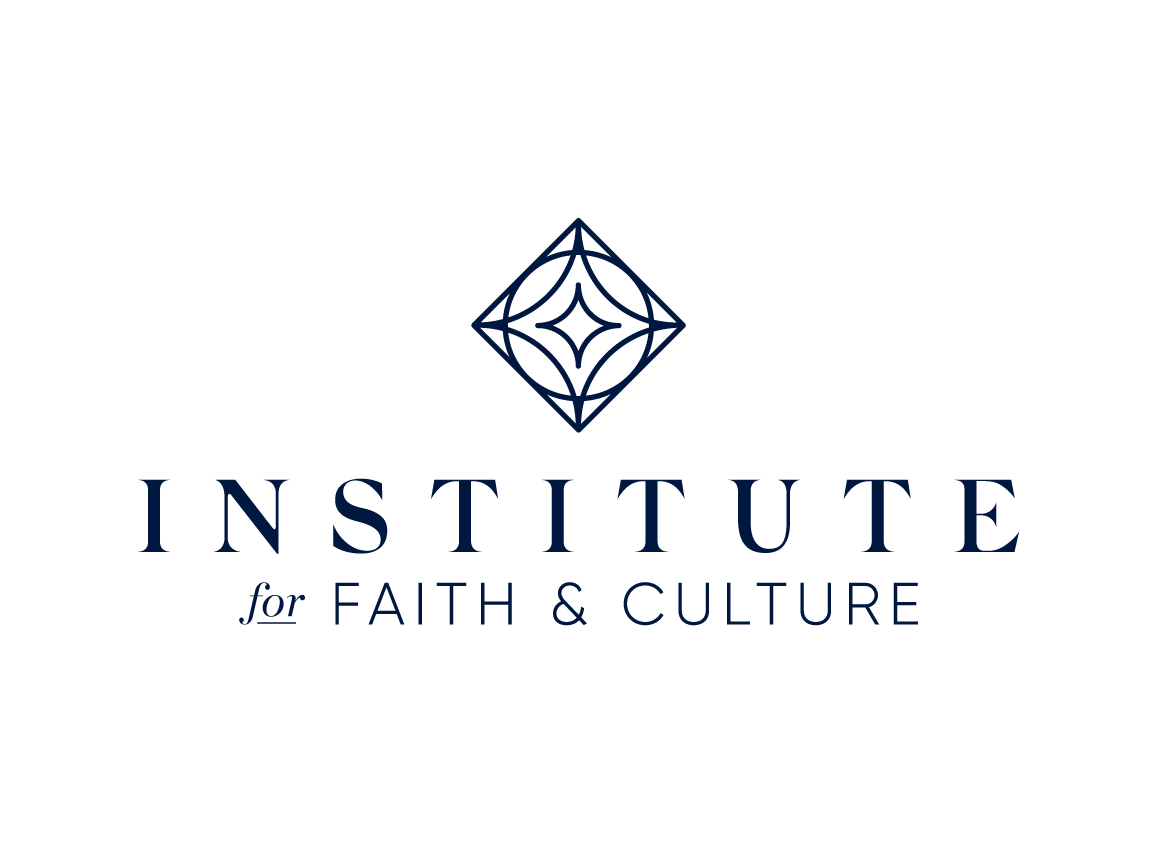
For example, how and why did an institution such as Harvard, one that arguably represents the gold standard of higher education, select a president with such underwhelming qualifications? When in our society did DEI variables become a more weighty issue than academic prowess and demonstrated competency? The point isn’t to single out Harvard, although the critique has been rightly earned, but rather to raise this consideration – the proper foundation for education is theological, not ideological.
The societal pursuit and implementation of a particular ideology requires force; it is unnatural and is a reflection of how things are in this fallen state.









